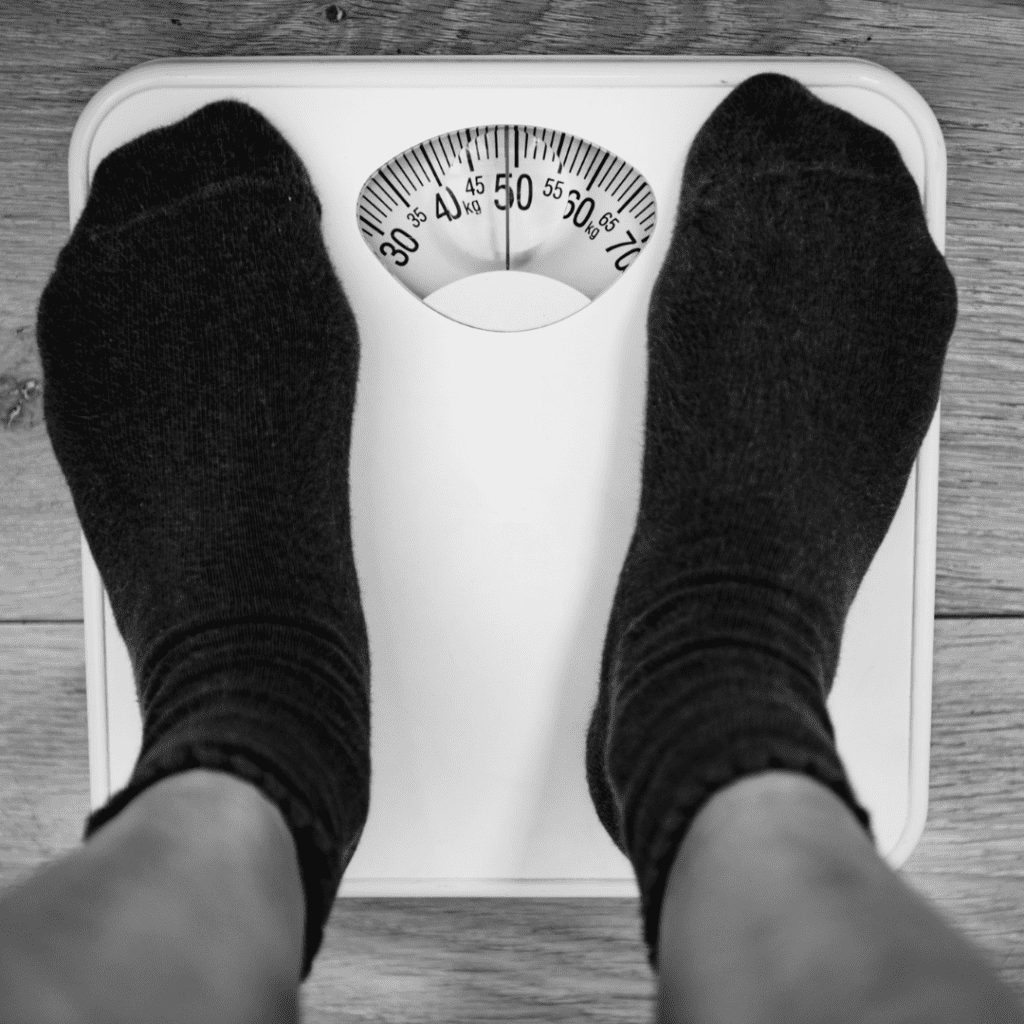

Rebound weight gain is a physiological subsequence of calorie restriction and too high a deficit. Diets can go terribly wrong and actually end up tipping the scales the other way if not done sustainably and in the right way. So, here is a round-up of what rebound weight gain is and how it comes about. Ultimately, this should serve as a guide as to how to prevent weight gain from stealing your joy.
Calorie restriction is a weight loss technique utilised worldwide. It is the act of reducing your daily calorie intake without wading into the murky waters of malnutrition. A calorie deficit often happens when calorie restriction is paired with overexercising with the aim of burning more calories. In essence, you expend more than what you consume.
It is said that a calorie deficit of about 250 to 500 calories is optimal for weight loss. However, it’s important to note that the quality of calories you are consuming has an impact too. In this window, your body uses stored fat for energy, which results in a lower body fat percentage but increased muscle mass. Ultimately, this is where you gain the best of both worlds.

If done correctly, a calorie deficit is an effective tool for weight loss. However, if you create too large a deficit, it can be catastrophic. If a deficit sits above the maximum mark of 500, your body enters into starvation mode.
This is when your metabolic rate slows down to try and save you. This wrecks havoc on your body and its functions. The number of calories used to produce hormones and maintain muscle decreases. Your thyroid and sex hormone production also decreases, whilst your stress hormones increase. Also, your body now burns muscle for energy, instead of stored fat. This allows your body to insulate your organs for protection. Evidently, this survival mode results in weight gain – the exact opposite of what you want.
If you are consuming less than 1200 calories per day, your body will start using your lean muscle mass for energy, instead of fat. It will also hold onto all fats from foods you consume, as it thinks you are in a risky situation and need to store energy in case of an emergency.

While the combination of over-exercising and under-eating seems like it should result in weight loss, science and biology says differently. Calorie restriction is not sustainable and once your eating routine returns to normal, the body has to readjust to the increased uptake of calories. This can take some time, which results in rebound weight gain.
Nutritionists say calorie restriction should be minimal and only done for a short period of time. This way, you will see a gradual drop in weight as your body does not feel the need to enter into any survival mode.
More so, exercise should be kept at a regular rate of three to four times a week. This way, you will continue to build muscle and burn the ‘bad’ calories without putting stress on your metabolism.
The optimal weight loss rate is half to one kilogram per week. This allows your skin to shrink whilst fat is lost, ensuring a more gradual adaption to a new lifestyle. In the end, this form of weight loss is also more sustainable and looks more natural once your goal weight is reached. It is all about balance!

Therefore, no matter what diet you try, make sure it is sustainable. Your body should never be under such strain that it enters survival mode. Keep your calorie deficit within a healthy range and eat the right food for optimal nutrient and energy intake.
Stay up-to-date on the hottest, hippest and most happening things to do in Mzansi!
